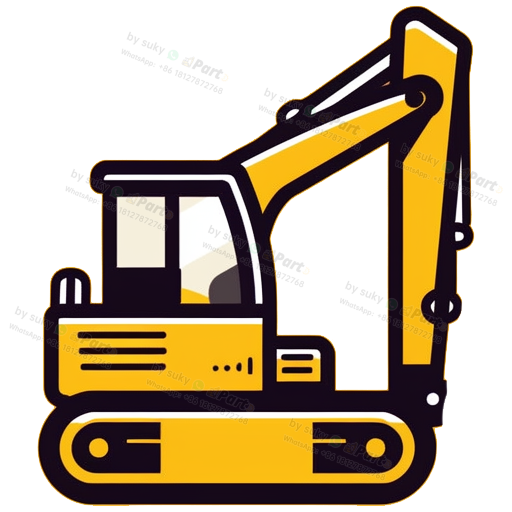**Understanding Machinery Parts Logistics for Importers and Dealers**
In the highly competitive world of machinery parts, logistics plays a crucial role for importers and dealers. Effective machinery parts logistics involve managing the supply chain efficiently to ensure that essential components are delivered on time, reducing downtime for machinery and maximizing customer satisfaction. This article will explore the main aspects of machinery parts logistics that can help you optimize your business processes and improve your service to clients.
### The Importance of Efficient Supply Chain Management
A well-organized supply chain is vital to the success of machinery parts logistics. Importers and dealers must ensure that they have reliable suppliers and partners who can deliver parts promptly. This includes everything from selecting the right manufacturers to collaborating with freight forwarders and shipping companies. By streamlining the supply chain, you not only reduce lead times but also lower operational costs, allowing for a more competitive pricing strategy.
### Inventory Management – Key to Success
Another critical aspect of machinery parts logistics is inventory management. Importers and dealers must strike a balance between having sufficient stock to meet customer demands while avoiding overstock that can lead to increased holding costs. Implementing an advanced inventory management system can provide real-time data on stock levels, helping you make informed decisions when ordering parts. Furthermore, utilizing just-in-time (JIT) inventory practices can enhance efficiency, ensuring that parts are available when needed without excess accumulation.
### Emphasizing Quality Control and Compliance
Quality control cannot be overlooked in machinery parts logistics. As an importer or dealer, it is essential to work with suppliers who adhere to international quality standards. This guarantees that the parts you provide to your customers meet their requirements and reduce the risk of returns or complaints. Additionally, compliance with shipping and customs regulations is vital in avoiding delays and potential legal issues, ensuring a smooth flow of goods.
### Leveraging Technology for Better Logistics Management
The role of technology in machinery parts logistics cannot be underestimated. Utilizing logistics management software can enhance tracking, provide better visibility into shipments, and facilitate communication between all parties involved. This technological integration helps identify potential issues before they escalate, allowing for proactive measures that keep operations running smoothly.
In conclusion, machinery parts logistics is a fundamental aspect for importers and dealers in the industry. By focusing on efficient supply chain management, robust inventory practices, strict quality control, and leveraging technology, businesses can improve their operations and service quality. Ultimately, the goal is to increase customer satisfaction while optimizing costs and resources, ensuring long-term success in the competitive market of machinery parts.

